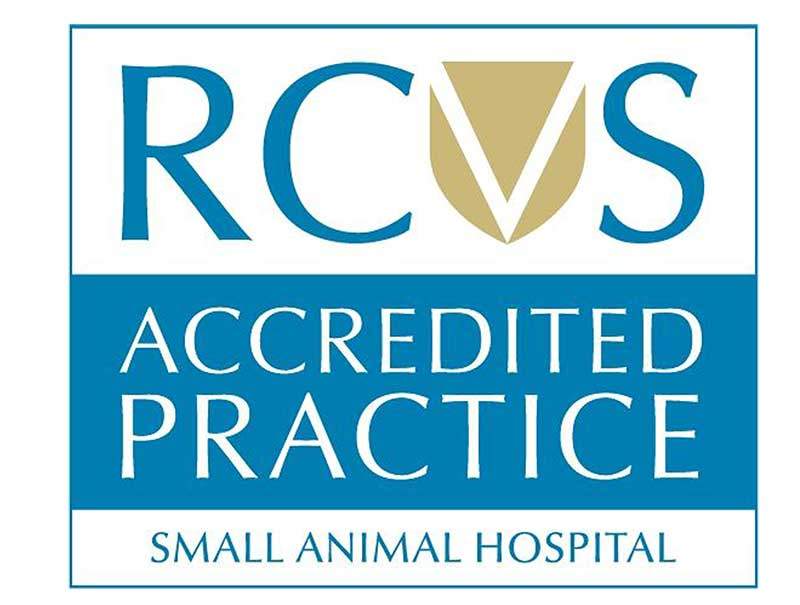Here are North West Referrals, we carry out regular ectopic ureter surgery on both dogs and cats. Ectopic ureter surgery is a procedure that works on the placement of the ureters and can help small animals that are suffering from urinary bladder issues caused by this abnormality. An ectopic ureter occurs when the ureters are not attached correctly. A normal ureter runs from the kidney to the bladder, carrying urine, which is then stored in the bladder, until ready to be released. With ectopic ureters, the ureters connect to other areas such as the urethra or the vagina. The ureters may run alongside the bladder before entering the bladder, or may miss the bladder completely and attach elsewhere. Ectopic ureter surgery corrects this and attaches the ureters to the bladder.
Overview
Ectopic ureters in both dogs and cats can cause lifelong problems if not corrected through surgery. Not only is ongoing incontinence an issue for both pet owners and the pets, but the increased incidence of bladder infection can have a detrimental effect on the pet’s life. While ectopic ureters are not that common, it is important to consider them as a diagnosis if you have dogs or cats presenting with the relevant symptoms.
Causes of Ectopic Ureter
Ectopic ureters are birth abnormalities, and some dogs and cats will be born with the condition. Some breeds of dogs are known to be more prone to this than others. We do not know why some dogs and cats are born with this, though it has some genetic propensity, so it is best practise not to breed off an animal that has this condition. Though it is not known why this abnormality occurs, maintaining good health throughout their pregnancy, and ensuring that they receive all the correct nutrients, will give your puppies or kittens the best chance of a healthy life. If choosing a puppy or kitten, ensure that you select a reputable breeder to maximise the likelihood of good health in your pets.
Symptoms
Symptoms can be hard to identify in young dogs and cats, as they will start to present during the toilet training process. This led to confusion about whether the young animal is not understanding the house training, or is physically unable to comply. Most pets will housetrain with consistent training, though some breeds are renowned for being hard to housetrain! Ectopic ureters are not very common, but it is worth considering as a diagnosis when other symptoms are present. Repeated urinary infections are a common symptom, so you will see either trouble passing urine, blood in the urine, or more frequent urination. Other symptoms of ectopic ureters include incontinence or poor bladder control. Depending on the location of the ureters’ urine may leak out when the animal is relaxed, or sleeping in a certain position.
Diagnosis
Whilst presenting symptoms do give a good indication of ectopic ureters, diagnosis is usually confirmed with medical imaging. This could be through the use of an x-ray, an ultrasound, a CT scan, or a cystoscopy. Before an x-ray or CT scan, a special dye will be injected into the animal so that the key areas are visible on the medical imaging. An ultrasound can be used to look for abnormality, whilst a cystoscopy involves putting a camera inside the body so that the vet can see what is occurring. Your vet will advise on the best approach for your pet.
Treatment
The two main forms of treatment are surgery or laser treatment. The best treatment will depend on the type of ectopic ureters. There are two types, intramural, the most common, where the ureter is connected to the bladder wall, and extramural where the ureter goes elsewhere. The first is commonly treated using laser treatment, whilst the second requires surgery. Both treatments have a good success rate, which can help to improve the quality of life of the animal and their owners.
What is Ectopic Ureter Surgery in Dogs and Cats?
Ectopic ureters are treated through soft tissue surgery where the ureter has travelled to a location other than the bladder. The surgery involves removing the ureter from where it is currently attached and creating a new attachment to the bladder so that the flow of urine is following the correct urinary tract route.
Importance of Surgery as An Option
The quality of life for an animal living with ectopic ureters will be poor. Repeated bladder infections, rashes from leaking urine, and urinary incontinence are all conditions that can be reversed with successful surgery. The condition will seriously impact the life of the pet, and the sooner the treatment is carried out the better.
Preparation for the Surgery
All surgery has a risk associated with it. However, ensuring that your pet is in the best possible health in the lead-up to surgery will help to reduce that risk. Keeping your pet to a healthy weight is important for a good outcome from surgery. Animals that are overweight have an increased risk during surgery.
Recovery from the Surgery
To optimise the chances of success for your pet, you must follow the post-operative care advice given by your vet. After surgery, your pet will need two weeks of restricted exercise and care to ensure that the wound has a chance to heal successfully. Preventing your pet from jumping and climbing will help to give the wounds a chance to heal. The surgery involves delicate work creating a new opening in the bladder and attaching the ureter to the bladder, and there will be swelling around this wound in the beginning. The quieter you can keep your pet, the more chance you are giving the body to recover after this surgery. If you are concerned about keeping your pet quiet during this time, speak to your vet and ask for advice.
Cost of Ectopic Ureter Surgery
The cost of surgery will vary according to different factors. The severity of the ectopic ureters, the age, and the size of the dog or cat. When you come to us here at Northwest Referrals, we aim to provide a quality and professional service for an affordable fee. We will always discuss each case with either the referring vet practice or an owner who is self-referring. Our costs are always transparent and clear so that you know exactly what is included in the cost of the surgery. We appreciate that not all pets are insured, and will always discuss each case on its own merits. Our first priority is the long-term health and well-being of the animals that we treat.
Next Step
If you are a vet referring a client for corrective surgery to their ureters, or an owner who is self-referring, we are here to help. Please fill in our referral form for a quick and accurate quote on urinary bladder surgery. If you would like to discuss your case in more detail or require further information or advice, our professional and friendly team is always on hand to answer any queries that you may have. You can call us on 01942 242001 or drop us an email to info@northwestreferrals.co.uk, and we will be able to help you with your enquiry.




